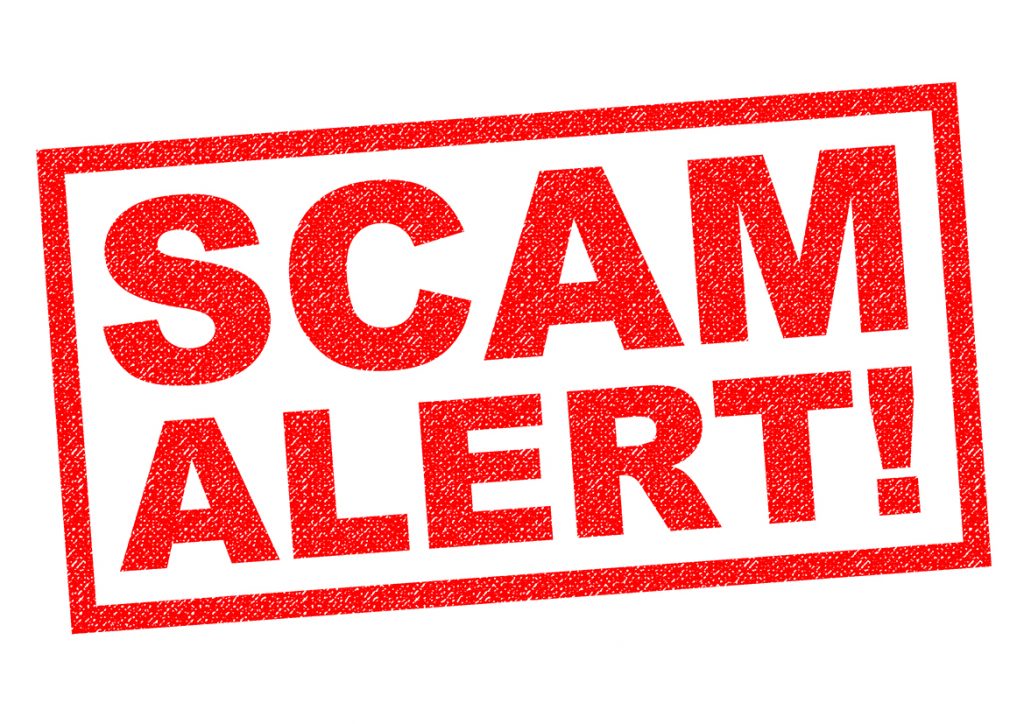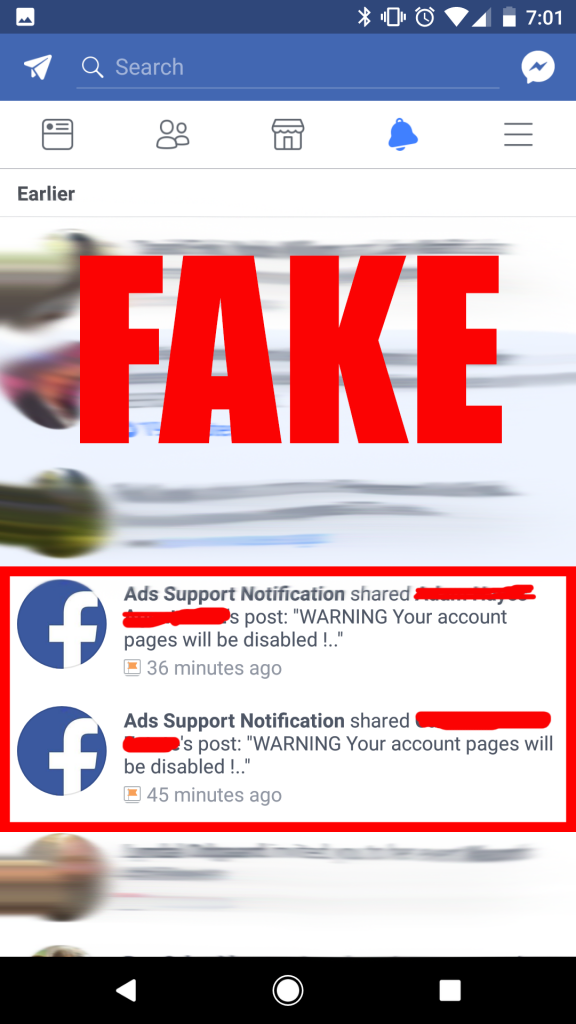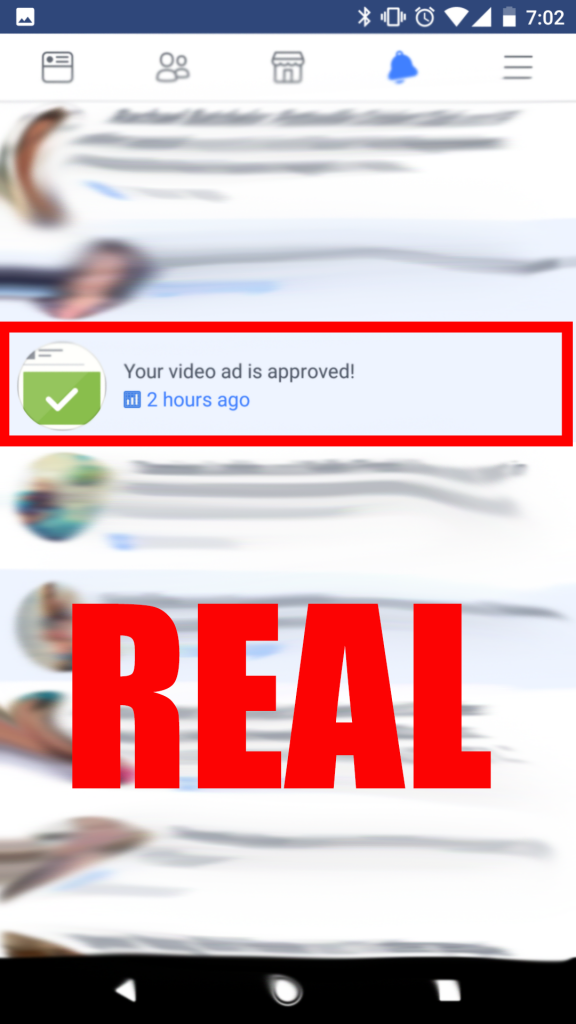SCAM ALERT: Agent & Agency pages are being targeted
Digital Marketing
It seems that in recent times, scammers have become more and more prolific and there’s no question that the digital age has allowed them to cast wider nets to ensnare unsuspecting individuals and companies.
One of the more recent scams to rear its ugly head on Facebook seems to be targeting real estate agent’s and agency’s pages more than any other.
It’s essentially a phishing scam, designed to send you to a page that looks like a legit Facebook page, get you to login/provide vital information and then take over your account for their own nefarious purposes.
As an admin on dozens of real estate agent and agency Facebook pages, I see this scam popping up on a regular basis – on further investigation, I’ve found these pages are specifically targeting real estate agent’s and agency pages.
The initial contact is made from a page that to the unsuspecting, looks relatively legit – after all it’s complete with Facebook logos and us usually named “Ads Support” “Advertising department” “Page Security” etc. Added to the Facebook logo, it could, at a glance be convincing that it’s in fact a legitimate Facebook page.
This page will then share your page in a post claiming that it’s breached some vital terms and conditions or is about to be disabled. In order to prevent this from happening or fix the situation, you must visit a web address – this address is of course a site designed to collect your login and personal details.
The biggest tell tale sign that this is a scam is that they have to “share” your page in order to get your attention. Facebook send you specialised notifications to alert you to problems and will never share your page or content in order to try and notify you of an issue. See the example images below:


You can see in the left hand image, that while the Facebook logo is used to make it look legit, “Ads Support Notification” had to share your page in order to get a notification to pop up on your Facebook. Where as in the right hand image Facebook simply sent a notification directly to you and that notification carries the entire message.
Even if Facebook need to send you to another location on Facebook due to an issue, the notification will take you directly to that location, it won’t take you to a page and then require you to click on another link.
If you do get a notification that looks suspicious, don’t click any links in it – instead click the “quick help” icon at the top right of your screen when on Facebook (desktop) or the help center icon from the menu on mobile device and ask Facebook direct if it’s a legitimate notification.
If you do come across a scam, report the page directly to Facebook and then block that page and then hide all content from that page.

No comments yet.